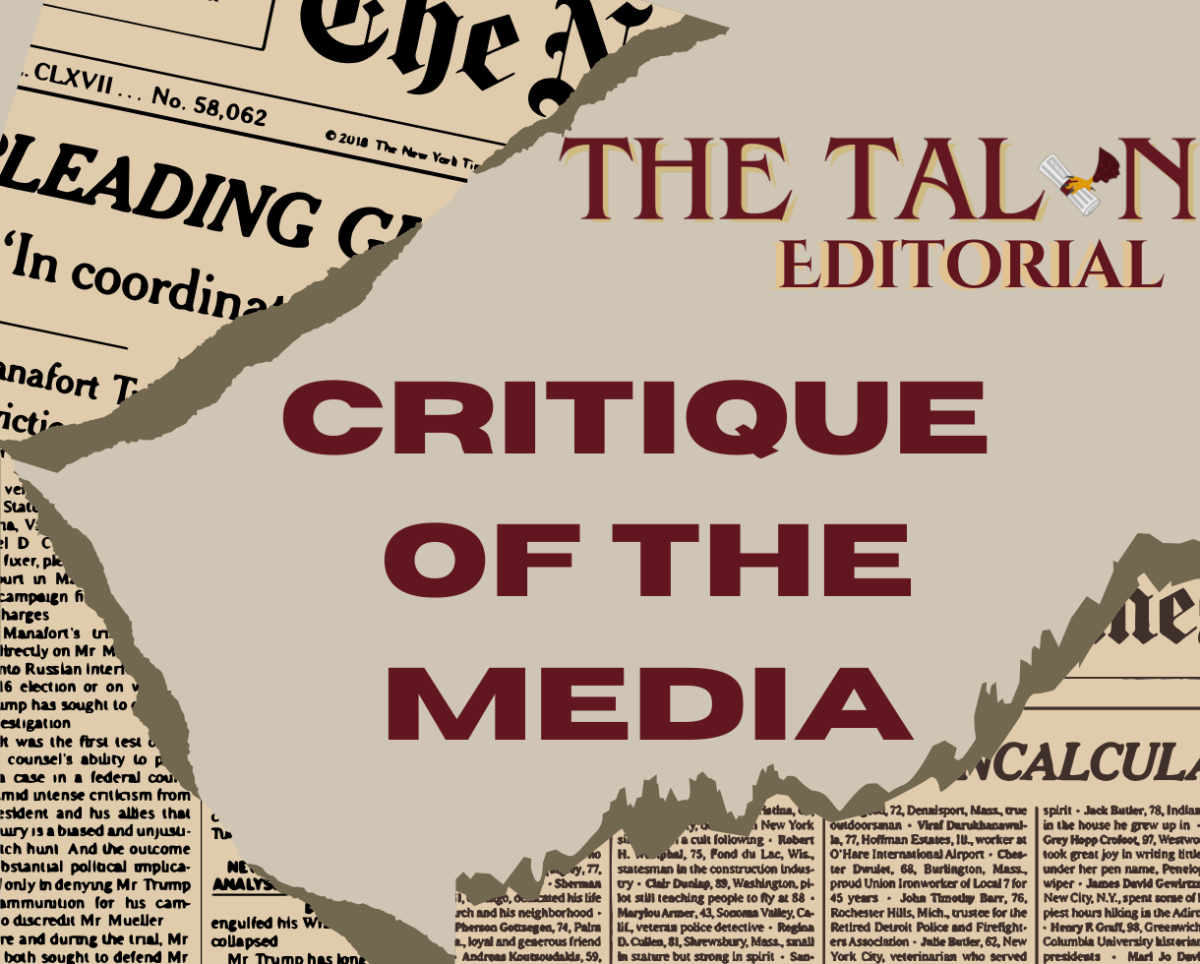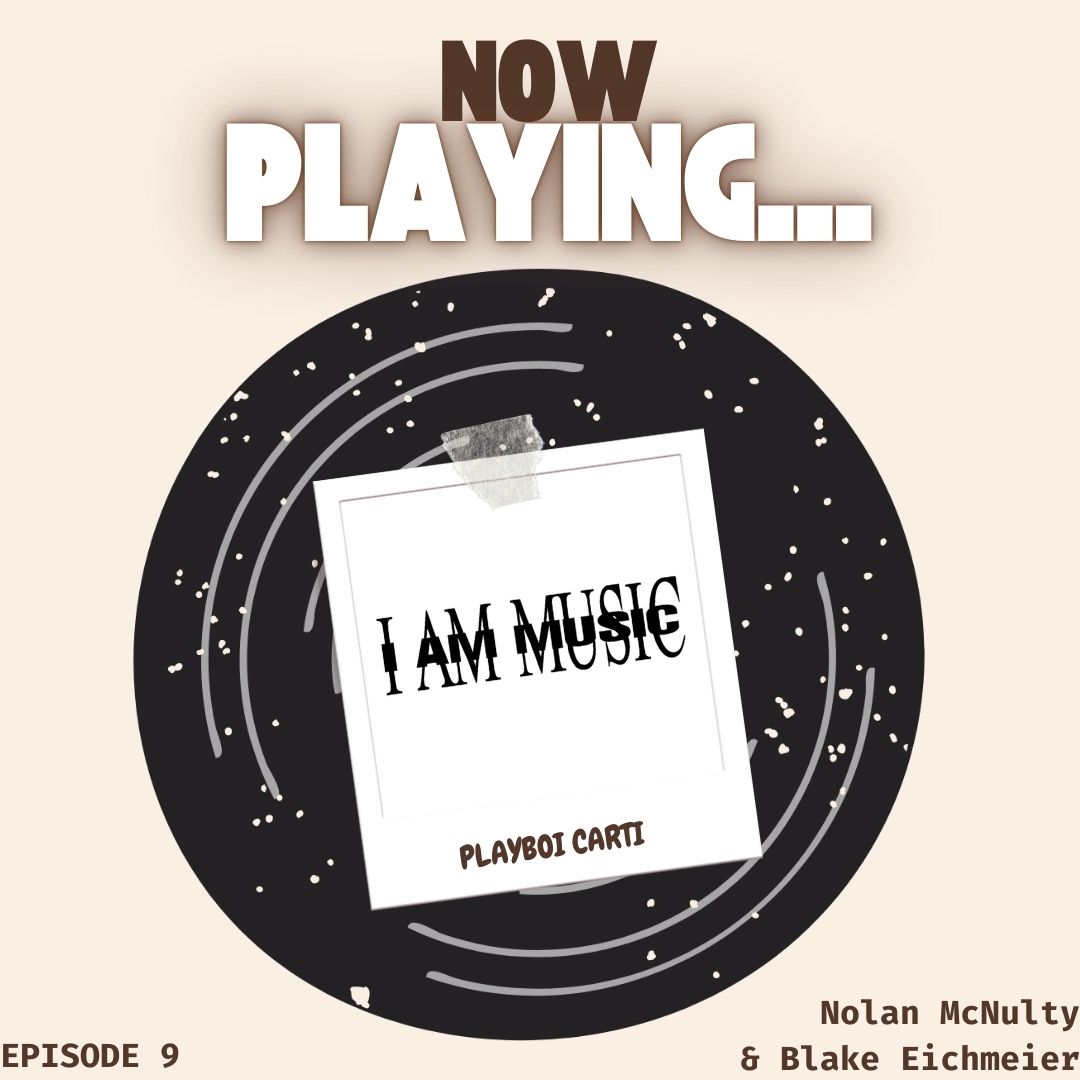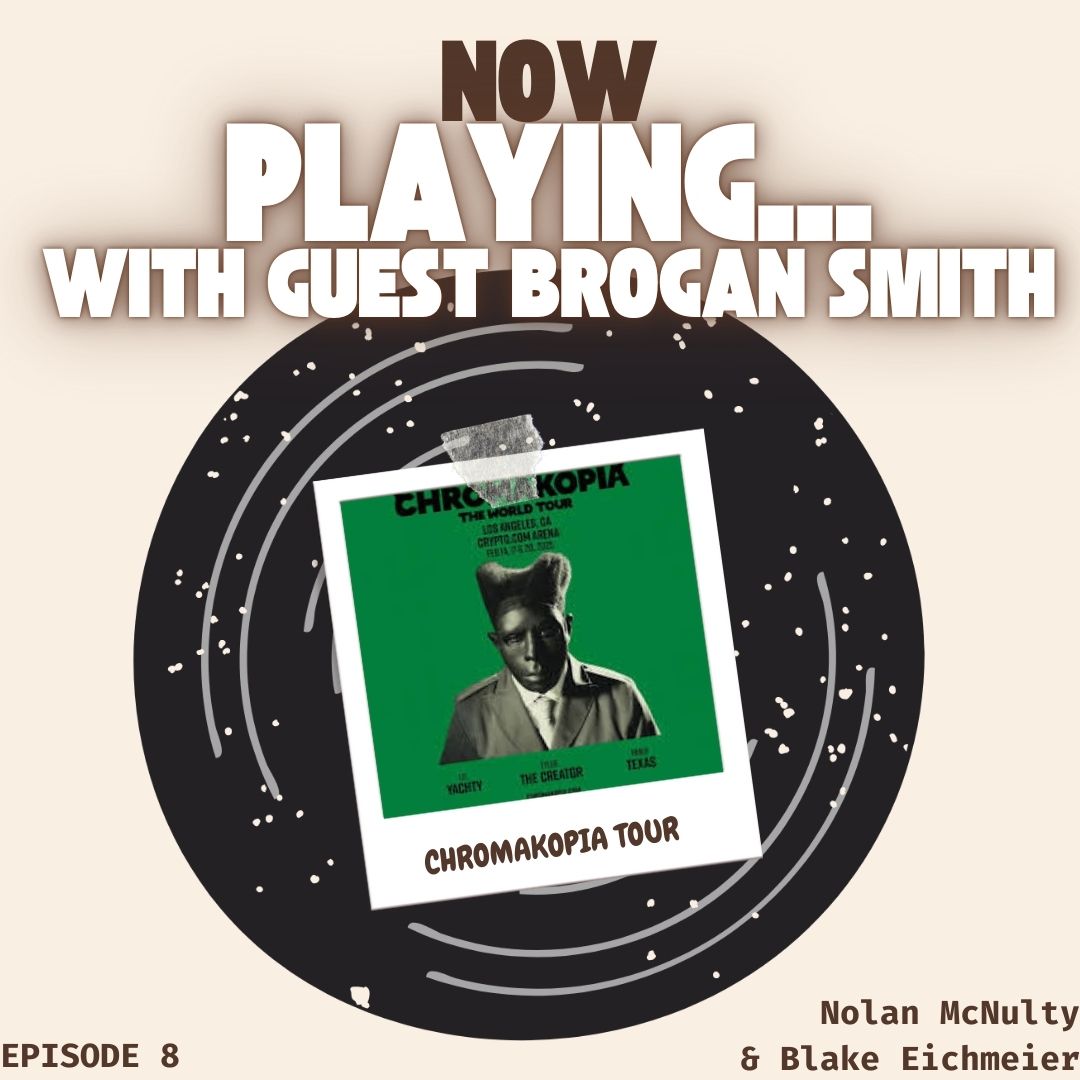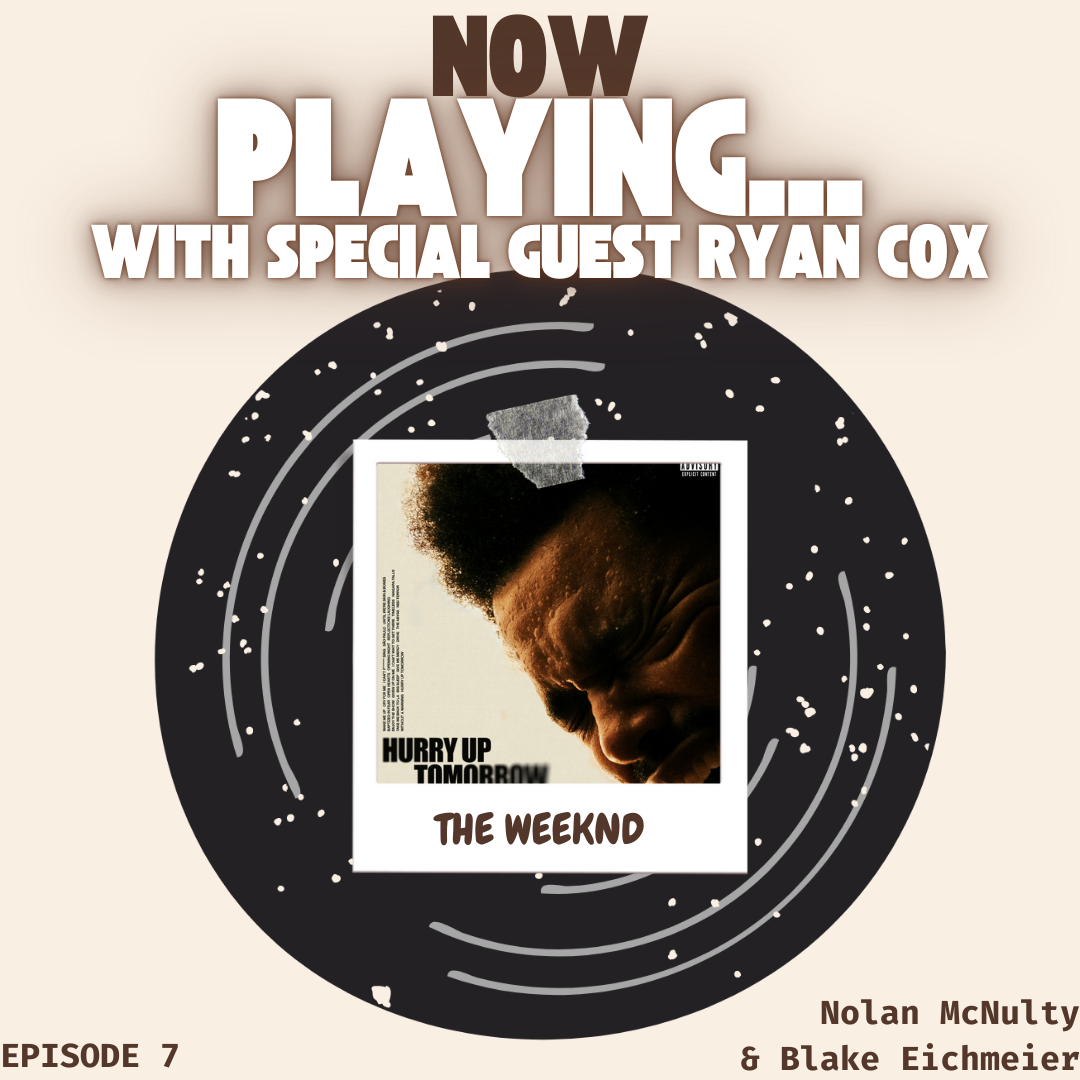United in Kendrick: a review
Kendrick Lamar on the cover of “Mr. Morale & the Big Steppers”
Pulitzer Prize winning musical artist, Kendrick Lamar, makes quite a comeback with his new album, “Mr. Morale & the Big Steppers.”
May 25, 2022
After a long hiatus, Kendrick Lamar has returned to broadcast the fruits of his labor.
After a five-year dry streak, Lamar released his 5th studio album, “Mr. Morale & The Big Steppers.” His last album “DAMN,” was a massive success, bringing in a Pulitzer Prize, and became the highest-selling rap album in 2017, bringing in 603,000 units in the first week.
“Mr. Morale & The Big Steppers” is something not many Lamar fans were anticipating, myself included. This album tackles the old and new topics including his family life, focusing on the issues regarding the treatment of transgender people in America, the acceptance of who he is, and leaving his past self behind while tying in top-tier album production and familiar sounds from his past few albums.
Lamar makes a fantastic album using a combination of fantastic production and wonderful features that help to expand on the already incredibly extensive and heart-tugging storyline that shows up in all of Lamar’s albums and is something he is best known for.
Raging from personal experiences and how Lamar deals with his own grief on “United in Grief” to Lamar’s personal experiences with his transgender relative in “Auntie Diaries,” this album seems to focus on personal affairs in Lamar’s life and how he dealt with them, giving the listeners an inside look into what appears to be happening behind the blinds.
Seeing that the album is split into two discs, there seem to be two different story bases throughout the album. Disc one focuses on his own issues like problems that seem to prevail in his personal life. Disc two seems to tune into the idea of generational trauma that gets passed down to Lamar and how he is left to deal with it.
On this album, Lamar focuses on his friends and family, a topic that seems to reoccur in pieces throughout the rest of his discography. This idea of issues within his family is seen in multiple songs including “Mother I Sober,” a song talking about domestic violence that Lamar witnessed within his family, focusing on abuse and assault towards his mother and how he dealt with it, tugging at the heartstrings of listeners with his soft, hushed voice. “Father Time” is another song that focuses on Lamar’s family life, focusing on what seems to be a strained relationship with his father. “Tough love” was the one thing that Lamar received as a child and he chimes into how it left an impact on his life, along with a message to other men who have had strained relationships with their fathers, using the verse “And to my partners that figured it out without a father I salute you, may your blessings be neutral to your toddlers/It’s crucial, they can’t stop us if we see the mistakes/’Til then, let’s give the women a break, grown men with daddy issues” also focusing on the treatment of women, something Lamar often seems to refer back to.
The treatment of women along with Lamar’s guilt and regret is seen throughout many songs on this album, including “We Cry Together,” a song dedicated entirely to an argument between him and Lamar’s fiancé, Taylour Paige, who is on the song. The introduction of Paige’s raspy, tear-filled voice is perfect for displaying the emotion that is revealed during arguments. Lamar brings in the reality of arguments within relationships, including how he took his girlfriend’s keys and how his girlfriend insults his family members, especially his mother, which seems to hit a nerve in Lamar.
Lamar also brings some new and exciting things in this album, switching up the typical Lamar style for something a little more relaxed and laid-back on the tracks “Die Hard” and “Purple Hearts,” both of which are ridden with features and are made by a fantastic production team. The switch of styles is something new for Lamar and seems to add balance and a mood switch to the already thematically heavy and intimate album.
The use of two separate discs in an album allowed for Lamar to focus on the same topics, generational trauma, and personal issues, but with different execution. This is a first for Lamar, seeing that his past albums have all been one consecutive run of tracks. You can notice the change between the two discs, seeing how disc 2 is heavier on the production side and includes far more 808 and typical Lamar sounds, while disc 1 is far more mellow and relaxed but also includes an eerie edge.
It seems impossible to assign a numerical value to the album. The combination of a perfect storyline, fantastic production, and overall exquisite sound makes it hard to assign a grade to something that seems to be perfect. Seventy-three minutes of new Lamar is something everyone can afford listening to and it is highly encouraged.


















































